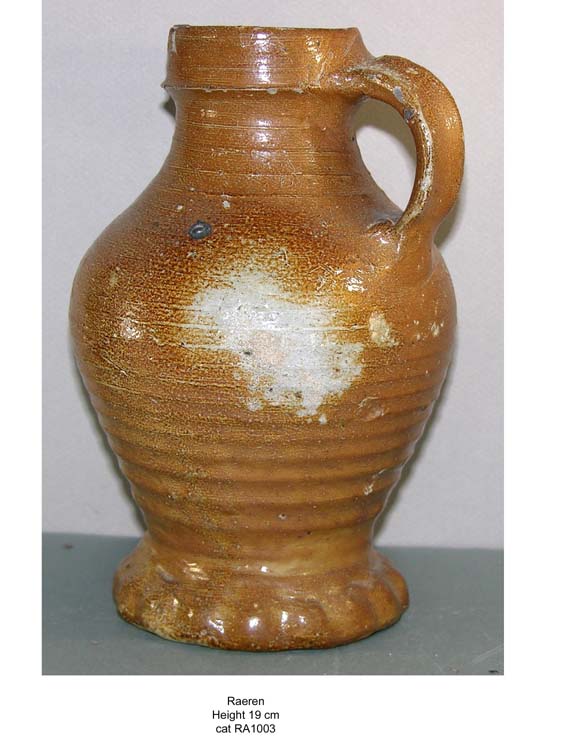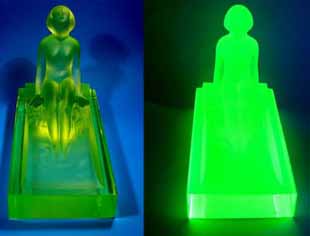Paying The Doctor With Your Own Money
It is nice that the government in Washington, D.C. has finally approved President Obama's “health care ultralight” law. This law doesn't include single payer or a vigorous public option, so it is mostly a gigantic government handout to the health insurance industry. It will help some people who previously were uninsured. But for most of us who are classified as uninsurable, waiting until 2014 seems like cruel and unusual punishment.
This morning I was thinking about what a different mindset one has when one's health insurance pays the doctors, clinics, and pharmacists compared with when you are paying yourself. When it is your own money on the line, the first question you ask at a doctor's office is, “How much will this visit cost me?”
The medical profession is not at all used to this attitude, so it is natural that they answer you with all sorts of vague (mostly dishonest) responses, none of which actually tell you with any degree of certainty how much you are really going to have to pay for this visit or this service that you plan to receive from the doctor.
When you buy most things as a consumer you are entitled to know exactly how much it will cost you before you make any purchase decisions. Whether you are in the supermarket, you are buying a house or car, a new computer or TV, in your role as the buyer you have many legal and cultural rights. The foremost of these rights is: How much is this going to cost?
After going to the dentist the other day, and basically being refused service because I have leukemia, at least the dentist gave me a prescription for some antibiotics to help deal with an infected tooth. I went to Walgreens where they wanted about $16- to fill the prescription. I declined and went to Walmart where they charged me $4- for this same medication. If insurance had been paying I sure would not have gone to this trouble.
Doctors are used to being treated as Gods. When you are using your own money to pay them you think of them as service providers. Like a good electrician, refrigeration technician, automobile mechanic, or plumber. Physicians take genuine offense at this, but that is their own problem. If they spend very much of their professional time prescribing boner pills to men who can't get it up when sleeping with old women, or anti-depressants to people who are leading boring, miserable, and unfulfilled lives I don't see a great deal of difference between them and your corner drug dealer.
Performance becomes critical when you are paying with your own money. An orthopedic doc can fix a broken bone, and a dentist can fill that cavity or extract that bad tooth. These are genuine solutions to big problems.
When the cardiologist or hematologist keeps trying out different medications in an attempt to reduce your blood pressure, and without you as the buyer (patient) having much certainty about the effect this will have on extending your lifespan, it all begins to shift a bit in the direction of black magic and blood letting. Faith, rosary beads, miracles, etc.
-
-
-
-
–
-
-
-


























